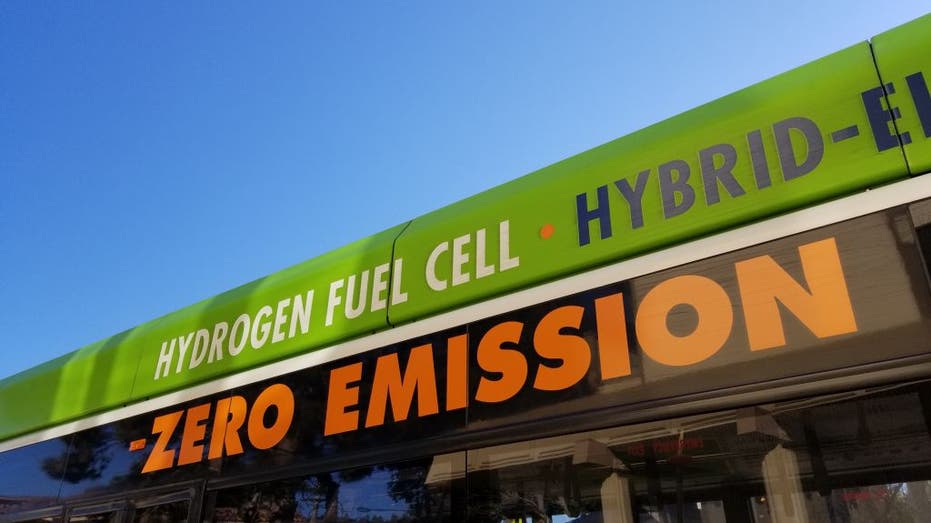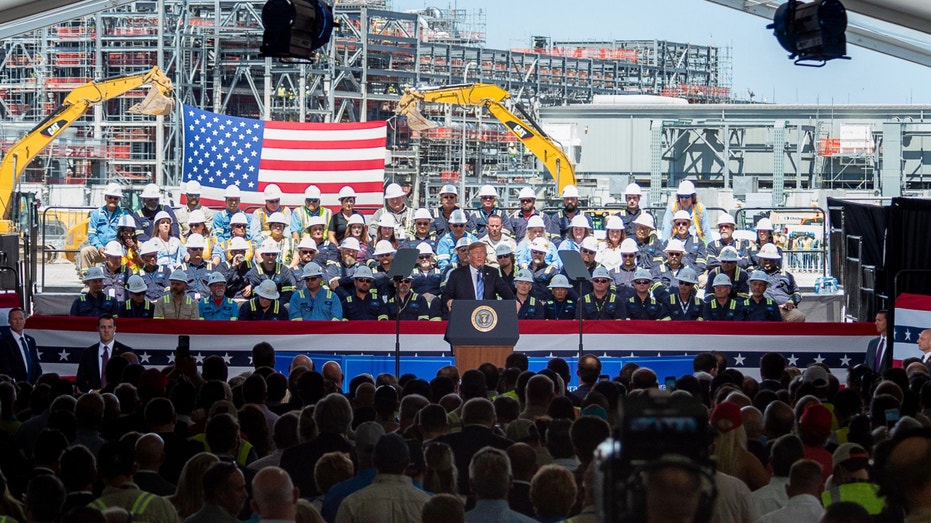H2Go: Experts Champion Hydrogen as the Fuel of America's Future

Sarah Johnson
April 7, 2025
Brief
Hydrogen is emerging as a key player in America's energy strategy, with broad applications in agriculture, industry, and clean energy, attracting bipartisan support and major investments.
Hydrogen is stepping into the spotlight as the United States refines its energy strategy, with industry leaders and experts touting its versatility and potential to transform agriculture, energy, and national security. The Pacific Northwest Hydrogen Association (PNWHA), one of seven hubs across the nation, is collaborating with tribal, public, and private sectors to spearhead hydrogen production projects within their region.
"Hydrogen has a lot of dexterity as a molecule," noted Chris Green, president of PNWHA, emphasizing its ability to be both a power source and an energy carrier. "It can propel machinery, equipment, and industrial processes, making it a domestically-produced commodity that has broad applications." Green seems to think hydrogen is like that trusty Swiss Army knife you always wish you had in your toolbox.
Hydrogen’s role in agriculture is particularly promising. Fertilizer, often imported from conflict zones like Russia and Ukraine, relies on hydrogenic compounds such as ammonium nitrate. Increased U.S. hydrogen production could reduce dependency on foreign economies, stabilize supply chains, and even power farming equipment like tractors and mills.
Big players in the energy sector, like Chevron, are investing heavily in hydrogen innovations. The Texas-based company is working on the ACES Delta project in Utah, a groundbreaking venture with Mitsubishi to store up to 110 tons of hydrogen daily in subterranean salt caverns. Chevron has described hydrogen as a "key role player" in delivering lower-carbon solutions where electrification isn’t feasible.
Hydrogen’s potential isn’t just limited to agriculture and energy. It’s already being used in processed foods, metallurgy, and even as a cleaner-burning alternative for jet fuel. Green points out that hydrogen doesn’t need to replace existing energy sources but can complement them to strengthen supply chains across industries.
Interestingly, hydrogen has managed to earn rare bipartisan support. Republican Rep. Dan Newhouse of Washington lauded the Pacific Northwest hydrogen hub for advancing clean energy technology and creating jobs, while Democratic Sen. Patty Murray highlighted its role in growing America's green hydrogen economy. Hydrogen seems to be the political unicorn everyone can agree on.
Even Washington’s potato farmers are on board. The Washington State Potato Commission sees hydrogen as key to securing fertilizer supplies and potentially fueling agricultural machinery. "Hydrogen strengthens the future of agriculture in our region," an official stated. Who knew potatoes might someday be part of the hydrogen revolution?
While hydrogen-powered vehicles have long been discussed, safety concerns surrounding its flammability have slowed adoption. Companies like Chevron and Amazon are pushing forward with infrastructure and supply deals, betting big on hydrogen’s future prominence.
With its ability to decarbonize tough sectors of the economy and bridge the divide between renewable advocates and fossil fuel producers, hydrogen is positioned to be a game-changer. As Chris Green remarked, if the U.S. builds the necessary infrastructure, it could leap ahead globally in the hydrogen race. A bold claim, but hey, who doesn’t love an underdog story?
Topics
Editor's Comments
Hydrogen's versatility is undeniably impressive, but the real kicker here is its ability to unite unlikely allies. A molecule bridging political divides? Now that's chemistry worth celebrating. Also, the idea of powering tractors with hydrogen feels like a sci-fi movie come to life. Let’s hope farmers don’t accidentally ignite their fields!
Like this article? Share it with your friends!
If you find this article interesting, feel free to share it with your friends!
Thank you for your support! Sharing is the greatest encouragement for us.

